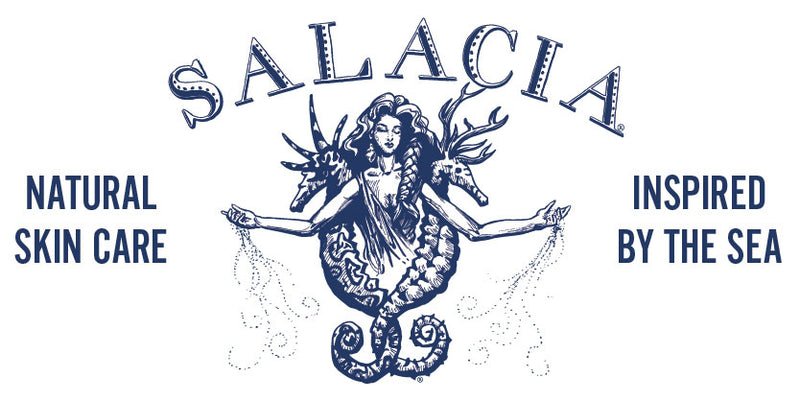Self Made: Inspired by the Life of Madam C.J. Walker

Treat yourself to this mini-series on Netflix. Self Made: Inspired by the Life of Madam C.J. Walker is fabulous! Great record of history and shares the incredible journey of Madam C. J. Walker.
Here’s the summary, thanks to Wikipedia.
In 1888, she worked as a laundress, earning barely more than a dollar a day. As was common among black women of her era, Sarah suffered severe dandruff and other scalp ailments, including baldness, due to skin disorders and the application of harsh products to cleanse hair and wash clothes. Other contributing factors to her hair loss included poor diet, illnesses, and infrequent bathing and hair washing during a time when most Americans lacked indoor plumbing, central heating and electricity.
She began selling products for Annie Malone, an African-American hair-care entrepreneur, millionaire, and soon Walker’s largest rival in the hair-care industry.
Following her marriage to Charles Walker in 1906, Sarah became known as Madam C. J. Walker. She marketed herself as an independent hairdresser and retailer of cosmetic creams. "Madam" was adopted from women pioneers of the French beauty industry. Sarah sold her products door to door, teaching other black women how to groom and style their hair.
In 1906, Walker put her daughter in charge of the mail-order operation in Denver while she and her husband traveled throughout the southern and eastern United States to expand the business.
Her daughter A'lelia ran the day-to-day operations and persuaded her mother to establish an office and beauty salon in New York City's growing Harlem neighborhood in 1913; it became a center of African-American culture. This is SO fascinating to learn! It started from the beauty industry!
And talk about an entrepreneur, Walker later built a factory, hair salon, and beauty school to train her sales agents, and added a laboratory to help with research! Key management and staff positions were women.

Between 1911 and 1919, during the height of her career, Walker and her company employed several thousand women as sales agents for its products. By 1917, the company claimed to have trained nearly 20,000 women. Incredible! Dressed in a characteristic uniform of white shirts and black skirts and carrying black satchels, they visited houses around the United States and in the Caribbean offering Walker's hair pomade and other products packaged in tin containers carrying her image.
In addition to training in sales and grooming, Walker showed other black women how to budget, build their own businesses, and encouraged them to become financially independent.
She hosted gatherings of women entrepreneurs to discuss business and commerce. She rewarded those who made the largest contributions to charities in their communities.
Walker's name became even more widely known by the 1920s, after her death, as her company's business market expanded beyond the United States to Cuba, Jamaica, Haiti, Panama, and Costa Rica!
